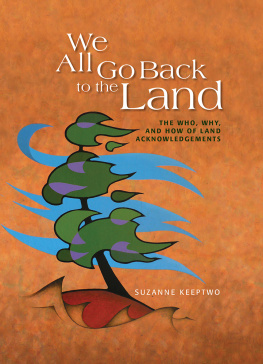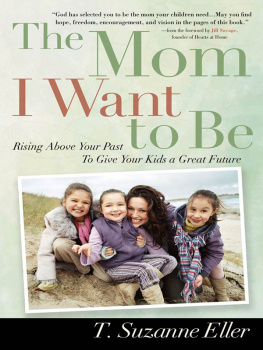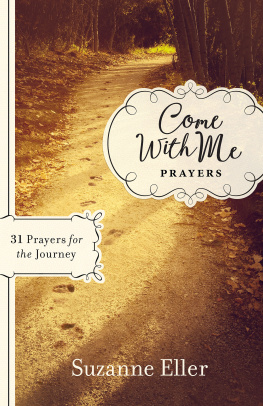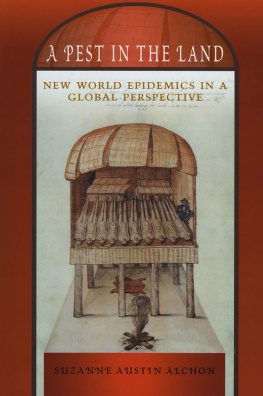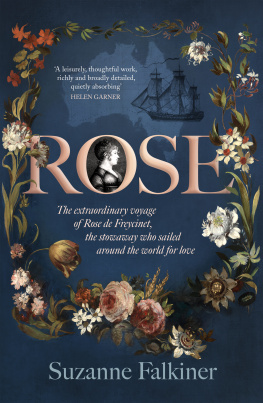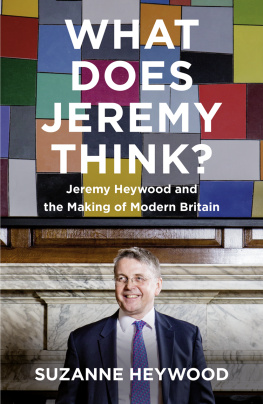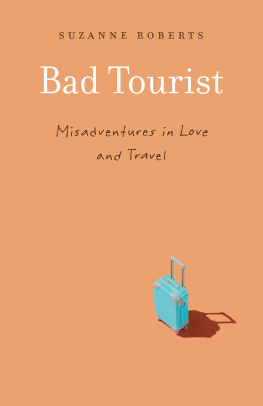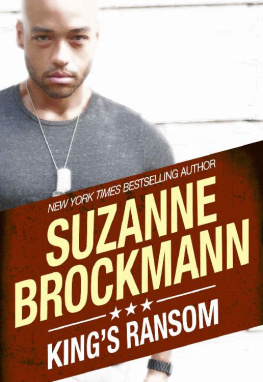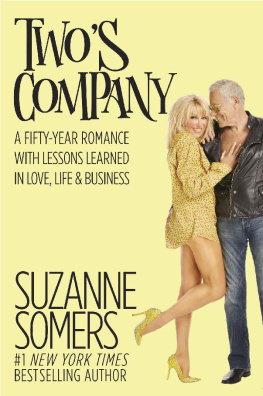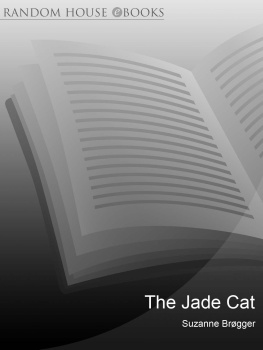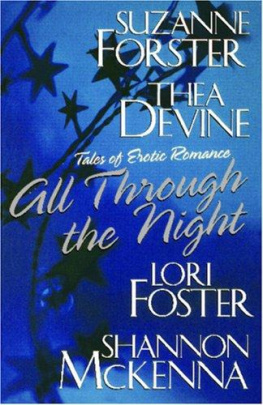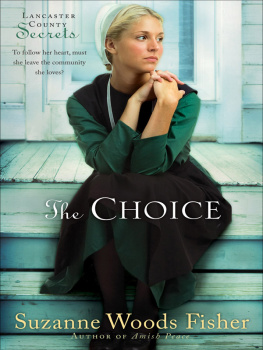Suzanne Keeptwo - We All Go Back to the Land
Here you can read online Suzanne Keeptwo - We All Go Back to the Land full text of the book (entire story) in english for free. Download pdf and epub, get meaning, cover and reviews about this ebook. year: 2021, genre: Politics. Description of the work, (preface) as well as reviews are available. Best literature library LitArk.com created for fans of good reading and offers a wide selection of genres:
Romance novel
Science fiction
Adventure
Detective
Science
History
Home and family
Prose
Art
Politics
Computer
Non-fiction
Religion
Business
Children
Humor
Choose a favorite category and find really read worthwhile books. Enjoy immersion in the world of imagination, feel the emotions of the characters or learn something new for yourself, make an fascinating discovery.
- Book:We All Go Back to the Land
- Author:
- Genre:
- Year:2021
- Rating:5 / 5
- Favourites:Add to favourites
- Your mark:
- 100
- 1
- 2
- 3
- 4
- 5
We All Go Back to the Land: summary, description and annotation
We offer to read an annotation, description, summary or preface (depends on what the author of the book "We All Go Back to the Land" wrote himself). If you haven't found the necessary information about the book — write in the comments, we will try to find it.
We All Go Back to the Land — read online for free the complete book (whole text) full work
Below is the text of the book, divided by pages. System saving the place of the last page read, allows you to conveniently read the book "We All Go Back to the Land" online for free, without having to search again every time where you left off. Put a bookmark, and you can go to the page where you finished reading at any time.
Font size:
Interval:
Bookmark:


Photo courtesy of Nancy Engelhardt
Suzanne Keeptwo, Mtis of Qubec (Algonkin/French and Irish), is an artist and professional educator. She merges traditional Anishinaabe Teachings and artistic expression to explore Indigenous historical truths and contemporary realities. She has worked across the nation-state of Canada as a professional facilitator with host clients that include the Museum of Human Rights (Winnipeg), McGill University (Montral), Full Circle: First Nations Performance (Vancouver), and Natural Resources Canada (Ottawa). Suzanne works as a freelance writer, editor, and consultant. Her area of expertise is bridging cultural gaps of understanding between Indigenous and non-Indigenous peoples. She also enjoys leading the Four Nations Exchange, an Indigenous culturebased grassroots theatre ensemble in traditional unceded Algonquin territory, which she lovingly calls home.
Copyright 2021 Suzanne Keeptwo
21 22 23 24 25 5 4 3 2 1
Printed and manufactured in Canada
Thank you for buying this book and for not copying, scanning, or distributing any part of it without permission. By respecting the spirit as well as the letter of copyright, you support authors and publishers, allowing them to continue to create and distribute the books you value.
Excerpts from this publication may be reproduced under licence from Access Copyright, or with the express written permission of Brush Education Inc., or under licence from a collective management organization in your territory. All rights are otherwise reserved, and no part of this publication may be reproduced, stored in a retrieval system, or transmitted in any form or by any means, electronic, mechanical, photocopying, digital copying, scanning, recording, or otherwise, except as specifically authorized.
Brush Education Inc.
www.brusheducation.ca
contact@brusheducation.ca
Cover and interior design: Carol Dragich, Dragich Design
Cover artwork: Jet Stream , by Kirk Brant
Proofreading and editorial assistance: Jazz Cook
Library and Archives Canada Cataloguing in Publication
Title: We all go back to the land : the who, why, and how of land acknowledgements / Suzanne Keeptwo.
Names: Keeptwo, Suzanne, 1959- author.
Description: Includes bibliographical references.
Identifiers: Canadiana (print) 20200414178 | Canadiana (ebook) 20200414275 | ISBN 9781550598674 (softcover) | ISBN 9781550598681 (PDF) | ISBN 9781550598698 (Kindle) | ISBN 9781550598704 (EPUB)
Subjects: LCSH: Indigenous peoples Canada Social life and customs. | LCSH: Reconciliation. | LCSH: Canada Race relations. | LCSH: Canada Ethnic relations.
Classification: LCC E98.S7 K44 2021 | DDC 305.897/071 dc23

In loving dedication to my father, Gerry Halpin, my editing mentor who modelled honesty, hard work, a love of literature, the importance of history, and having a sense of humour.
Note regarding the use of capitalization: As Land is sacred, it is capitalized throughout the book, as are the Traditional Teachings or any reference to the Values of Old or terms that I feel require emphasis from a traditional perspective. You will note the specific interchanging of Elder and elder, Leader and leader. When capitalized, these roles denote the traditional definition rather than the contemporary.
Note regarding terminology: As the word Indigenous is an all-inclusive, government-imposed term that means Inuit, Mtis, and the First Nations, I prefer using Original peoples within the context of specific Land and regions. The word Original is always capitalized, indicating untainted by European influence. I also use the term Native . When I use Indigenous , it means Inuit, Mtis, and First Nation peoples. Whiteman is used interchangeably with European and Euro-Canadian .
Kitchi Miigwech, Merci Beaucoup, and Great Thanks go out to the following who provided inspiration, nourishment, or support throughout this writing process: Charlene Bearhead; Carl Bertrand; Denise Bolduc; Kirk Brant; Yvon Cyr; Tracey Doherty; Jane Dooley; Nancy Engelhardt; Linda Gougeon; Tomson Highway; Piita Taqtu Irniq; Harold R. Johnson; Joseph Keeper; Raymond Lalonde; Sylvain Laporte; John Lemieux; Chris Luke Sr.; James Lumsden; Larry McDermott; Terry McKay; Isaac Murdoch; Latash Maurice Nahanee; Joseph Naytowhow; Barbara Nepinak; Curtis Peeteetuce; Alex Saunders; Pinock Smith; Karen Lee White; Vera Wabegijig; and, Tim Yearington.
A Great Thanks to Glenn Rollans (and the entire team at Brush) for believing in me enough to bring this work to fruition.
My greatest gratitude goes out to my mother, the brightest Dancing Star of my Life. Je taime, maman. Kis giin.
There are ethical and honest individuals within every society, just as there are unprincipled and corrupt ones found throughout past and present times. There are also superior and inferior systems of government, values, and belief systems. I firmly state that the belief systems and ethics of the Original peoples were far superior to European belief and value systems because they were based on an inherent understanding and Respect for the Earth and its interconnection to the well-being of the human species. Indigenous belief systems and ethics kept us in place for thousands of years. Within a very short time of the arrival of the Europeans to this Land, the Great Disruption occurred. Yes, we fell victim to shiny objects, like ravens. The raven is a trickster figure known for its attraction to sparkly items as well as being deeply curious about new things.
The Whiteman came and was met with hospitality, curiosity, Respect, and an attraction to what material things they had to gift or trade. But greed, deceit, and manipulation were not part of the Original fabric: they were embedded in the mechanics of a society imposed by another people from far awaymechanics that, since the beginning of the encounter, continue to operate on commercial gain, exploitation, hierarchies, and class division.
I am neither an academic nor a historian, and, like the renowned author Thomas King, I will not provide footnotes. Although this manuscript is, and I quote Mr. King from The Inconvenient Indian , fraught with history, the underlying narrative is a series of conversations and arguments that Ive been having with myself and others for most of my adult life, and if there is any methodology in my approach to the subject, it draws more on storytelling techniques than historiography. Any works cited are accredited within the context of the story. Any articles I drew inspiration from while researching the intricacies of Treaty territories, in particular, are listed in the back of the book.
Information I carry and now share with you has been acquired by a lifetime of listening, observing, sitting with Elders and relatives, attending gatherings, conferences, and ceremonies; by reading, thinking, and spending much time in deep reflection along the river banks of the Kitchissippi (the Ottawa River), paddling alone in my canoe, wandering atop mountain ranges, and meandering through forests of each season, in traditional unceded, unsurrendered Algonquin territory.
Font size:
Interval:
Bookmark:
Similar books «We All Go Back to the Land»
Look at similar books to We All Go Back to the Land. We have selected literature similar in name and meaning in the hope of providing readers with more options to find new, interesting, not yet read works.
Discussion, reviews of the book We All Go Back to the Land and just readers' own opinions. Leave your comments, write what you think about the work, its meaning or the main characters. Specify what exactly you liked and what you didn't like, and why you think so.

